Question for Our Revenue Management Expert Panel:
What are the top “must-have” revenue management technology and tools essential for hotels today?
Industry Expert Panel
Our Industry Expert Panel exists out of professionals within the hospitality & travel Industry. They have comprehensive and detailed knowledge, experience in practice or management and are forward-thinking. They are answering questions about the state of the industry. They share their insights on topics like revenue management, marketing, operations, technology and discuss the latest trends.
Our Revenue Management Expert Panel
- Silvia Cantarella – Revenue Management Consultant, Revenue Acrobats
- Theresa Prins – Founder, Revenue Resolutions
- Patrick Wimble – Managing Director, Lightbulb Consulting
- Celine Quek – Senior Lecturer, School of Hospitality at Republic Polytechnic
- Paulo Aragao – Revenue Management Professional
- Edyta Walczak – Cluster Revenue Manager, Arora Hotels
- Pablo Torres – Hotel Consultant, TSA Solutions
- Tanya Hadwick – Group Revenue & Yield Leader, SunSwept Resorts
- Massimiliano Terzulli – Revenue Managent Consultant, Franco Grasso Revenue Team
- Heiko Rieder – Vice President Revenue Management and Reservations, Penta Hotels
- Thibault Catala – Founder, Catala Consulting
- Karin van Rhee -Lecturer, Hotel Management School Maastricht
- Andrew Wheal – Founder and Chief Techspert, Hospitality Tech Expert
- Jutta Moore – Director, Moore Hotel Consulting
- Naveed Mirza – Corporate Director of Revenue Management, Helix Hospitality
- Dian Tristyanti – Revenue Management Professional
- Daphne Beers – Owner, Your-Q Hospitality Academy
- Diego Fernández Pérez De Ponga -Director of Revenue Management, Palladium Hotel Group
- Ask Our Panel a Question
- Join Our Expert Panel
“A tough question as there are so many great pieces of technology out there and implementation is particular to each property type. Taking PMS and Channel Managers/Booking Engines as an example:
- RMS: the era of gut feeling pricing is gone and Revenue Management Systems are enhancing our ability to predict demand and price at a micro-segment level. They are now more important than ever, considering the non-reliability of historical data.
- Price Shoppers: not just for pricing, they also give relevant insights on rate changes, price parity, strategy per channel and big data information on demand compression.
- Benchmarking tools: simply put, revenue management without benchmarking is like driving blind.
- CRM tools: to engage and retain customers and create loyalty, understand their sentiment, improve our service.
- Business intelligence: it can be one single tool, or it can come from different tools, the need is to have the possibility to analyze data as a whole: including F&B, S&C and other revenue streams.
- F&B & Venue Management software: because it’s not about rooms only, we are in a total revenue management era.
There are so many other great technology platforms available that might be seen as not naturally linked to the RM space. but due to the evolution of the discipline (and the demand) it is great to have and to leverage! Taking chatbots as an example, digital marketing conversion tools, F&B analytics… It is a matter of choosing what piece of tech makes sense to the hotel and, as always, do not expect technology to do the magic but manage and leverage it to enhance our human capabilities.”
“Must-have technology starts with a flexible, user-friendly PMS. Gone are the days of complex systems where we require downtime for paid upgrades, access restrictions from outside the property or high costs and complexity to integrate with additional software.
Second on my list is a flexible, user-friendly channel manager. This is as important as WiFi (which, by the way, is not a value-add anymore). It must be fully integrated with your PMS. Together with the channel manager, you need an excellent, guest focused booking engine, with all the direct booking converting trimmings.
Third on my list is a pricing solution or an RMS. Depending on the size and market mix of your property, there are multiple solutions available out there. You need smart and fast decision-making to remain competitive.
Fourth would be a top-notch customer relations and reputation management solution. Make sure this is guest-centric and it is an ever-evolving solution. You want to deliver a service to your customer that is seamless and up to standard on the lastest trends.
Fifth would be a rate shopping tool, a tool that considers multiple scenarios and can keep up with the ever-changing pricing modules of the hotels. Clearly, I love technology, so I will stop here for now!”
“Annoyingly, most revenue managers still rely on Microsoft Excel to do their data analysis and visualisation. Why? There are far better tools out there, often for a fairly low yearly cost, that would enable revenue managers to display their data in ways that encourage decision-making. Options such as Microsoft PowerBI, Tableau etc., are far superior, easily learned and can display the data in a way that everybody understands. If you haven’t used the pandemic to upskill in these tools, it’s not too late!
You might also think that your revenue management system, irrespective of which one you have, is obsolete in the pandemic. I would argue that whilst pricing decisions might need to be reviewed more frequently, simply overriding its recommendations now will potentially create long-term challenges to the pricing algorithms. So, using the data in the system (i.e., pace week-on-week, segment analysis, rate shopping data etc.,) and teaching the RMS, will help your system deliver more realistic pricing recommendations sooner.”
“I believe hotels must invest in a proper BI analytical tool and an automated revenue management system. Hotels collect a great deal of data from various systems – Property Management System (PMS), Point Of Sales, Sales & Catering System, Guest Satisfaction Tracking system and many other systems that relate to marketing etc. Without a central depository to consolidate, transform and analyse, this data will not bring much value to the hotel.
Another advantage of investing in such tools is that the revenue team will be more efficient. Instead of trying to tie the data from the various sources, they could spend more time in analysing the information to help them make better decisions.
As for an automated revenue management system, this will help revenue managers to analyse the booking trend, forecast more accurately and deploy their strategy more efficiently.
The other important system that hotels should be spending time evaluating before implementation or upgrading would be the PMS. Although cost is always a concern, the PMS is the main source of data for a hotel. A hotel must invest in a PMS that can integrate with various tools. Only then, hotels can make technology work for them and leverage their data analytics to be more productive and efficient in improving their competitiveness and driving both top-line and bottom-line growth.”
“The realm of technology and tools for Revenue Management is dynamic. Over the years, companies have evolved their products to offer a more holistic approach to revenue management. Many started as channel managers, then became rate shoppers, then became Revenue Management Systems.
All three types are important, along with a good historical market share data source.
What changed with the pandemic is that historic demand data became irrelevant to forecast the future. So, systems must be flexible enough to tweak and change their algorithms to reflect the new reality. These changes are not only about forecasting revenue and occupancy rates with a modified algorithm but also about adding more visualization options on cancellation data, enabling cross-analysis between denials and quoted prices, and a more dynamic and fast way to input new crisis-related events.
All systems and tools, whether they are RMS, rate parity, or channel managers must offer flexibility. Hotels need to demand from vendors that their systems are customizable, that they understand the environment and the pressing needs of hoteliers in these challenging times, and that they are willing to work together, think creatively, and be ready to send a lot of emails to their development departments.”
“A good RMS system is a key tool for hotels; one with extensive reporting functionality to facilitate a more accurate decision-making process based on reliable data. It is very important to have a tool that can generate detailed, good quality reports that can be used as a base for forecasting and decision-making.
Systems which help and support revenue generation are even more important, starting with a booking engine. This is where the customer searches for the best deal, product, or package, so it’s important to be able to showcase your best product and offering.
Another suggestion is a rate shopping and market stats tool. Ideally this tool should provide real-time data and have an extensive reporting to it. For effective yield management, you need historical and market data, so a good rate shop tool is a must.”
“An RMS is a must-have at a basic level. There are many available on the market, and more expensive does not necessarily mean better. It’s all about what best fits the needs of the hotel. It’s not the same to operate a 1,000 room resort that’s part of a chain or a small, independent boutique hotel. For the former, a top-of-range RMS should be advisable (for example, IDeaS, Duetto, etc.). As for the latter, something more affordable (for example, Atomize) could be good enough.
Once the RMS is in place, a tech-savvy Revenue Manager needs a good CRS, Rate Shopper, Channel Manager and Business Intelligence tool. Again, there are many available, with OTAInsight and SiteMinder worth highlighting.”
“Business Intelligence tools are a must, with competitive insights and overall market intelligence to understand the new norm, from benchmarking tools to rate shopper and parity tools. It’s easy to forget that customers have choices and you need to remain competitive and relevant.
A good PMS system whereby you have good connectivity to other systems and the ability to analyse data efficiently and effectively is also important. In addition, distribution tools are useful to ensure quick and easy access to markets.
Also on the list are booking engine and channel managers that are integrated with the PMS to ensure the ability to manage inventory and pricing in real-time, thereby stopping past habits of overbooking rates and rooms.
Depending on the market and volitivity of pricing, a good revenue management system for fast response to demand changes is key.
However, while automation is good, ensuring you have a good revenue management culture within the organisation and the skills to take calculated risks and think outside the box is still key to the success of revenue management.”
“For a revenue manager, it would be stating the obvious to say that the first essential tool is an RMS. But, clearly, the PMS comes before the RMS. The PMS is at the core of all hotel operations, and a good hotel PMS must have the functionalities to gather all the relevant data to successfully shape a revenue management strategy.
Any RMS processes data, but without a good PMS that can store, process, and communicate said data correctly, the RMS cannot be expected to perform at its best.
Clearly, a high-quality data output depends on high-quality data input, so the PMS must have the capabilities to record data for each individual booking in a segmented and accurate manner, and staff must be trained and instructed to perform data input operations in the best way possible so that the data output can be useful for the revenue management strategy.
A good PMS should ideally be able to communicate with an RMS through an open API system, and this is easier if the PMS is cloud-based. In any case, a high-quality PMS should provide all the essential data so that the RMS can process and cross-reference it, thus supporting the decision-making process on sales and pricing strategy.
Additionally, the revenue manager’s essential toolkit should certainly include a good hotel channel manager and booking engine. The channel manager enables synchronized price and inventory updates across all connected sales channels in a single operation (thus avoiding overbooking risks), which simplifies the task of updating rates and availability on a daily basis and reduces the margin of error.
The booking engine is the terminal to purchase or book rooms, with instant confirmation, directly through the property’s website and is therefore a fundamental tool for those hotels who want the option of selling via their own website, thus reducing the burden of OTA commissions.
The channel manager and booking engine should also facilitate two-way communication with the PMS.
Last but not least, it is essential to have a good CRM to build a hotel-owned database of direct customers and ensure their retention through targeted marketing operations supporting the revenue management strategy.”
“To not miss out on revenue opportunities, forward-looking data has become crucial for these times where the RMS can no longer produce accurate demand forecasts anymore. For that reason, the meaningfulness of some RMS platforms should also be challenged. Pricing systems with APIs to the organization’s remaining distribution and reservations infrastructure can in many cases be sufficient.
An absolute minimum requirement for single property revenue management should be a rate shopping tool and a hotel revenue benchmark report to measure the hotel’s own performance.”
“In my opinion, there are 5 key tools that every successful hotelier needs for optimal revenue management:
- A Property Management System (PMS)
- Channel Manager (CM)
- Revenue Management Software (RMS)
- Business Intelligence (BI), Data Analytics Platforms & Benchmarking Tools
- Upselling Tools”
“Alongside a revenue management system, hotels should also equip themselves with a Business Intelligence tool. Whereas an RMS helps hotels on a tactical level, BI tools help hotels to become more strategic and to validate their return on strategies.
When putting strategies and commercial actions in place, it’s key to validate the return and monitor if a chosen direction is bringing the right results. BI tools help answer these business-related questions.”
“In my opinion, the tools/technology that are required by revenue managers can be classified into three buckets. Tools that collect data, tools that analyse and visualise data and tools that can make predictions, identify trends and provide actionable insights. The degree to which you invest in the tools or technology will depend on your budget and the size or complexity of your property.
For example, in a recent project I worked on, there were nearly half as many room categories as there were rooms. In certain cases, some categories had a lower number of rooms and the rooms were so unique it was difficult to benchmark them against competitor products. This makes managing dynamic pricing across those categories very challenging without a system that can handle that complexity.
What should be remembered in all instances is that throwing more money or more tech at revenue management isn’t always the solution. Sometimes part of a revenue manager’s job is to help the hotel manager understand how a more simplified inventory, for example, could benefit not only the operations of the property but also help the guest understand the value proposition of each of your products.”
“I’d like to say that a revenue management system is an absolute must. It provides the revenue management team with better pricing decisions and leverage in distribution as well as priceless insights through data analytics & forecasts.
The return of investment should not only be measured on better results, but also on efficiency & labour saving. Reports that can take hours to create manually are available in seconds. This means that the revenue team can spend more time on analysis & revenue-generating tasks.”
“The revenue management tools / technology that I would consider essential for hotels are as follows:
- Rate shop: to monitor competitor pricing
- STR: to monitor your competitors
- RMS: to record the movement and to forecast”
“There is an abundance of useful tools and technologies that can make the lives of the revenue management team easier, but if I were to pick two, they’d be as follows:
- RMS – this enables a revenue manager to drive results based on analytics and data rather than only on past experience and emotional decision making.
- Cloud based PMS – this optimizes your data collection and gives real-time availability of data and reports, so a revenue manager can actually spend time on managing revenue, rather than building, collecting and compiling data.”
“In my opinion, one of the must-have tools for a hotel is the shopper. Shopping manually is one of the worst tasks to be given in the revenue management team. It is a hugely time-consuming job and many hours are spent each week only copying and pasting data. Here, I feel that automated technology to take care of this task is essential.
There are plenty of other important technology tools, but it’s extremely useful to at least have the shopper. It’s a very affordable technology, so don’t be stingy! Every single hotel in the world must have it.”
Ask a Question & Join Our Expert Panel
Would you like a question to be answered by our Industry Expert Panel? Or would you like to join our community of experts and share your experience, insights, and knowledge with fellow industry professionals? Via the buttons below you can submit a question or submit a request to become part of our expert panel.
More Tips to Grow Your Business
Revfine.com is the leading knowledge platform for the hospitality and travel industry. Professionals use our insights, strategies, and actionable tips to get inspired, optimize revenue, innovate processes, and improve customer experience.Explore expert advice on management, marketing, revenue management, operations, software, and technology in our dedicated Hotel, Hospitality, and Travel & Tourism categories.



















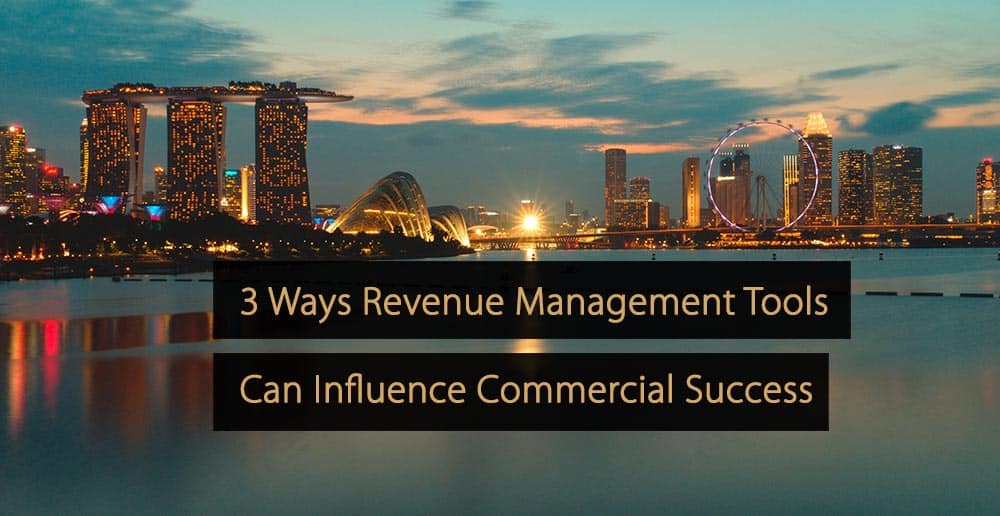
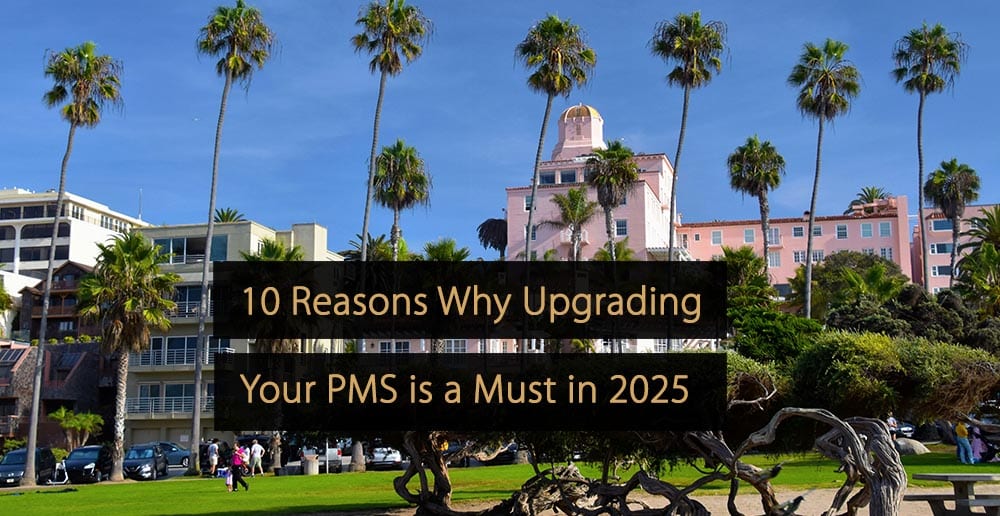
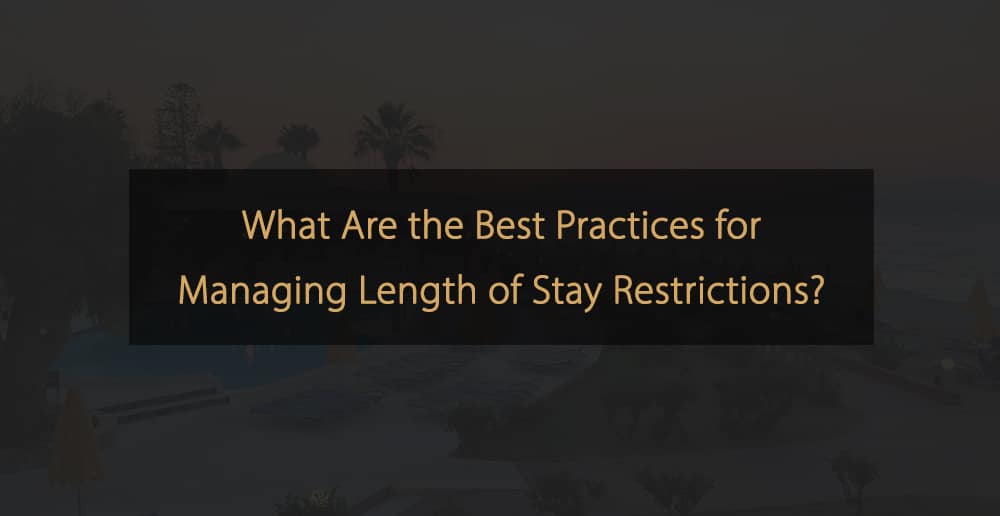

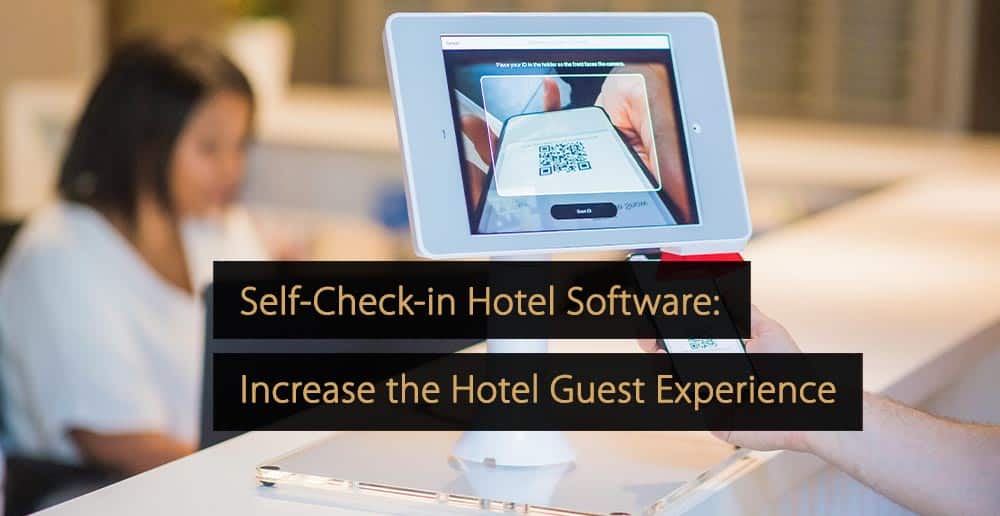
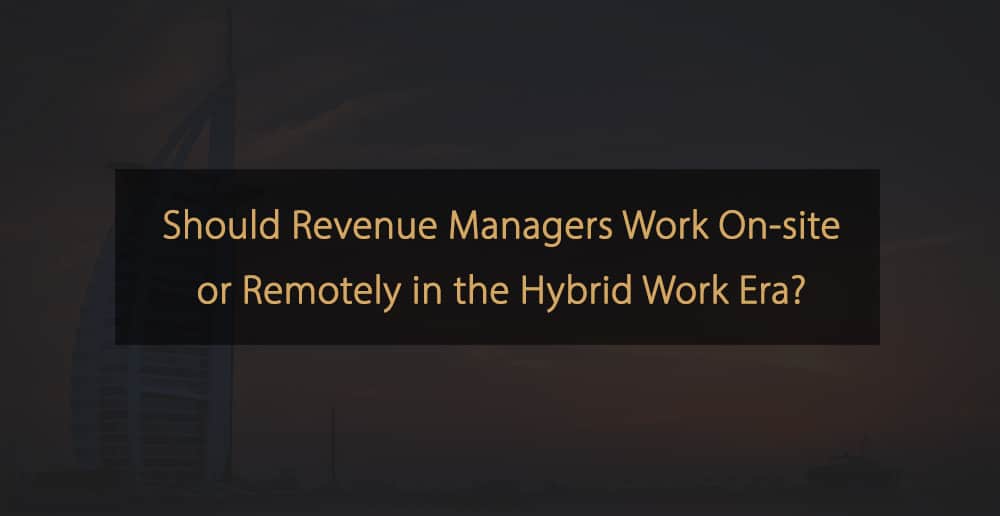
Leave A Comment